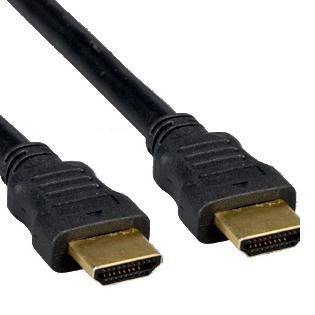 Image via WikipediaThis is undoubtedly the hottest topic amongst many users of torrent sites across the world. Piratebay.org, one of most prolific and popular torrent portals on the internet is being sued into legal waters by many gaming companies, movie studios, etc. for promoting and helping piracy. The three musketeers of Piratebay are as always undeterred even though the preliminary court ruling has gone against them.
Image via WikipediaThis is undoubtedly the hottest topic amongst many users of torrent sites across the world. Piratebay.org, one of most prolific and popular torrent portals on the internet is being sued into legal waters by many gaming companies, movie studios, etc. for promoting and helping piracy. The three musketeers of Piratebay are as always undeterred even though the preliminary court ruling has gone against them.The Piratebay trial is not just a trial anymore, its a revolutionary episode which is going to redefine we view the term "copyright". I was watching a business programme on CNN and Richard Quest put up some convincing pro-copyright arguments. It is true that the software engineers who dedicate their heart and soul to make a software or an OS deserve to get paid handsomely. However, it is also true that unless a released product becomes widespread, there's no way its going to be a success. Microsoft Windows is such a popular OS only because, like it or not its the most available one! And perhaps the most easy to access, every other person has the CD and its very tempting for many to simply make multiple copies of that for personal usage.
Now, we talk about bridging the Digital Divide in many countries and then we release some of the really expensive softwares and OS, expecting people from even the poorest families to buy them. Needless to say, an absurd expectation and a very flawed concept altogether. Softwares should have revised rates for every single country they want them to get released after taking into account the present per capita income and buying power of the people. Some may argue, that is too complicated a process to be followed. Hell yes! No one claimed that releasing a software was a matter of joke and its time companies started realising that. There's no point charging one universal rate for a software throughout the world, irrespective of the financial abilities of poeple. Unless such steps are taken, "patching" of softwares or applying doctored serial keys will continue to be the most popular way of using softwares for millions around the planet.
Like it or not, in the 21st century file sharing has become one of the most favourite pastimes of netizens. And the thought that the entire thing is "supposed to be" illegal doesnt cross the mind of most people, simply because there are so many out there doing it! Now, many people even have problems with the term "copyright". They argue, if anyone's releasing anything on the internet, he/she has a responsibility of making it available to each and every person who wants to use it. After all, the internet is virtually a free platform. Convincing argument? Hmm....maybe not. But food for thought, definitely.
It is however true, that using the internet's enormous ability to reach out to millions is forcing politicians (remember Obama's campaign? Using free alternatives such as Twitter etc. was a revolutionary idea itself!), musicians and of course some authors as well to release their views, albums and ebooks on the net itself. Let us consider a scenario where albums are released by a musician for free over the internet for the fans. The obvious question is how is the musician supposed to get the revenue for it? The obvious answer is advertising of course! How to do, when to do that, etc. are questions whose answers can be figured out in due course. If a company like Google can support itself mostly on adverts, why cant the others?
Finally, does it all boil down to something sinister? Are the companies tring to bring in the extra bucks just by suing a torrent portal? Are they trying to send out a message to those millions who are still using torrents across the world, irrespective of caste, creed, race, and sometimes across all financial and social segments? Is it after all, all about the moolah? Is the distribution and popularity of a software the last thing on the minds of many, compared to the money earned from it ? Tough questions...but one cant argue with one point, till date a whole range of movies, softwares, albums, etc. are only popular because of the existance of the file sharing network. Whether its illegal, whether its ethical and whether its causing substantial damages to a company are questions whose answers will be debated everywhere.
Image source : www.thepiratebay.org
